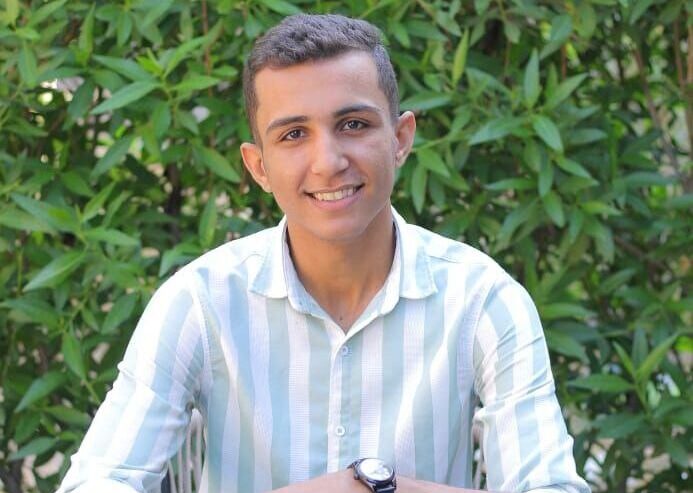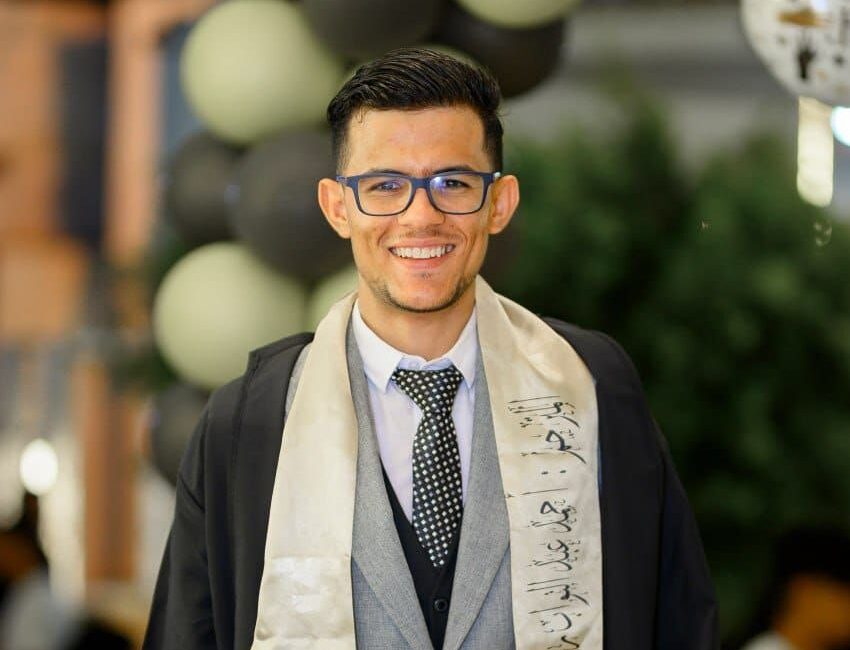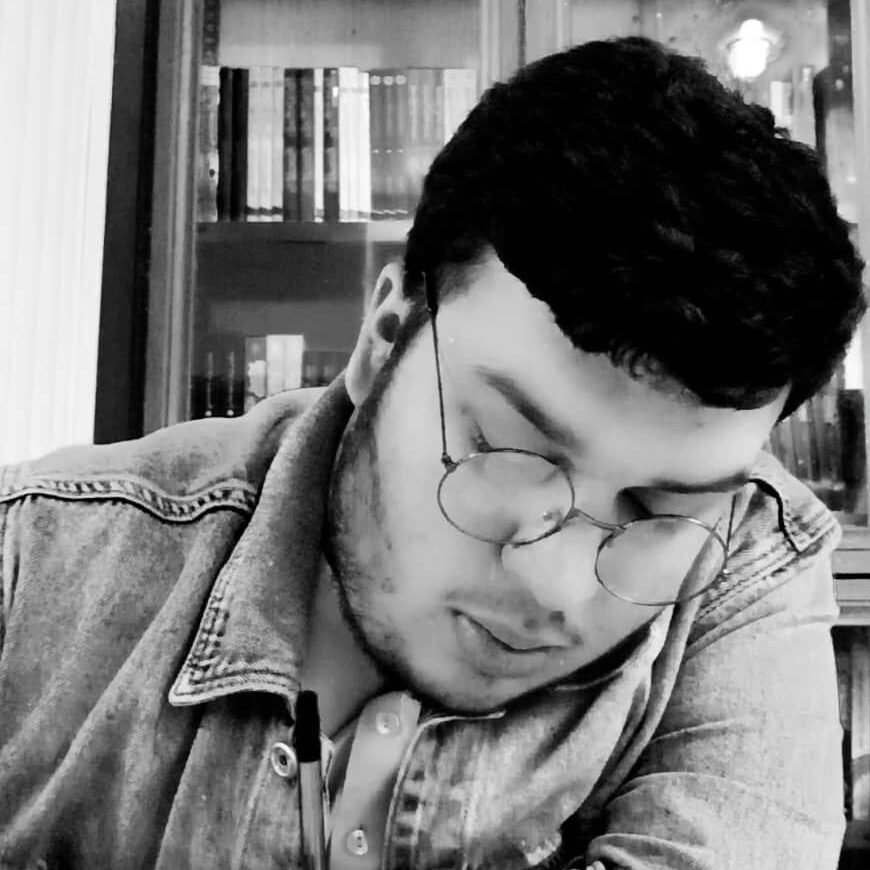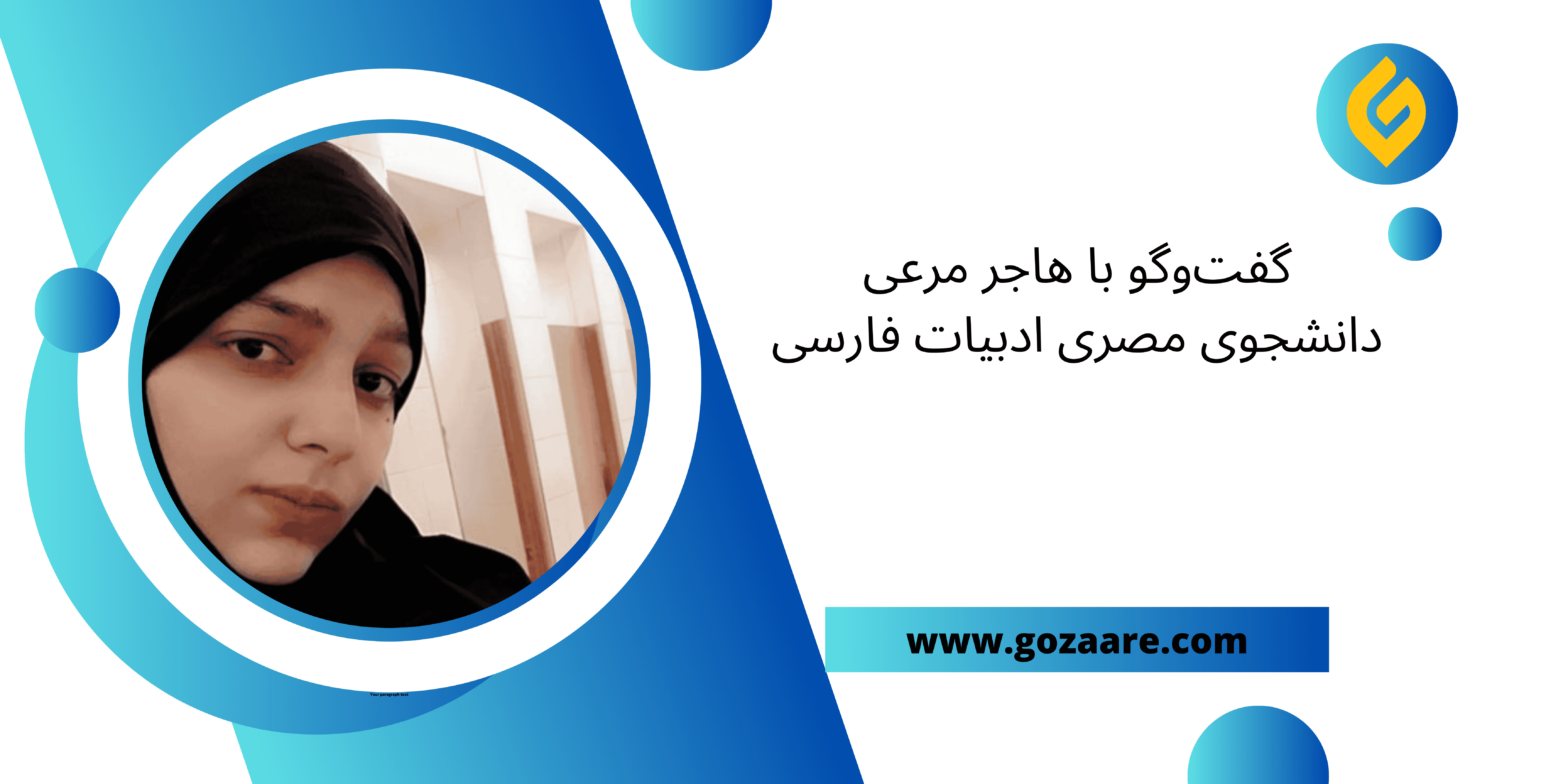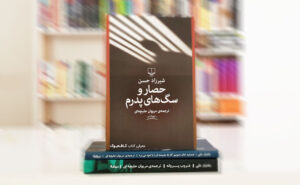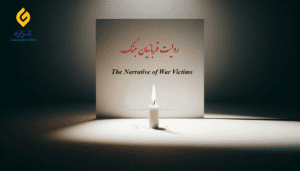گفتوگو با استفانو مِرِزی؛ مربی و آموزگار مدرسهی صلحِ مونتهسوله
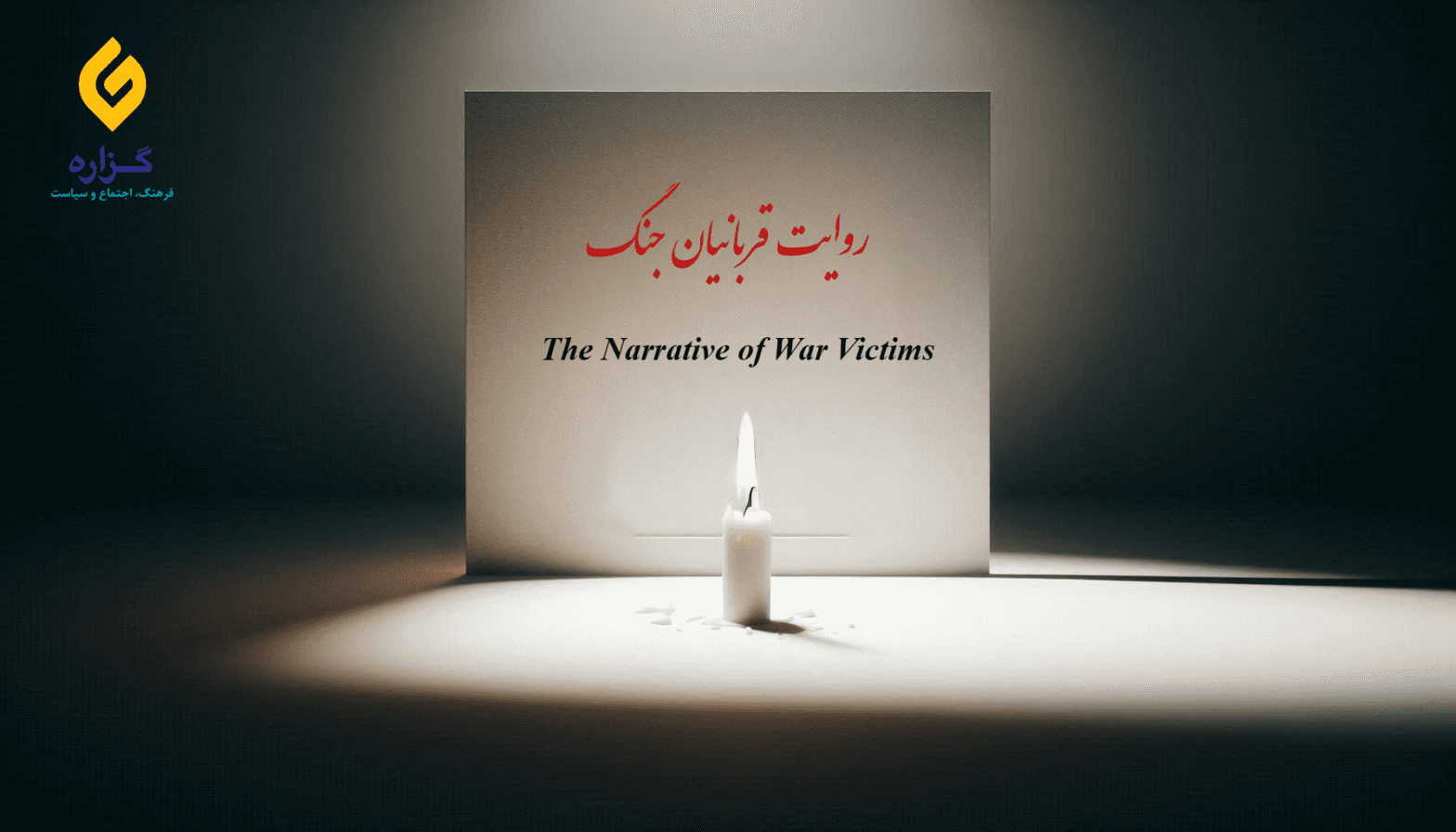
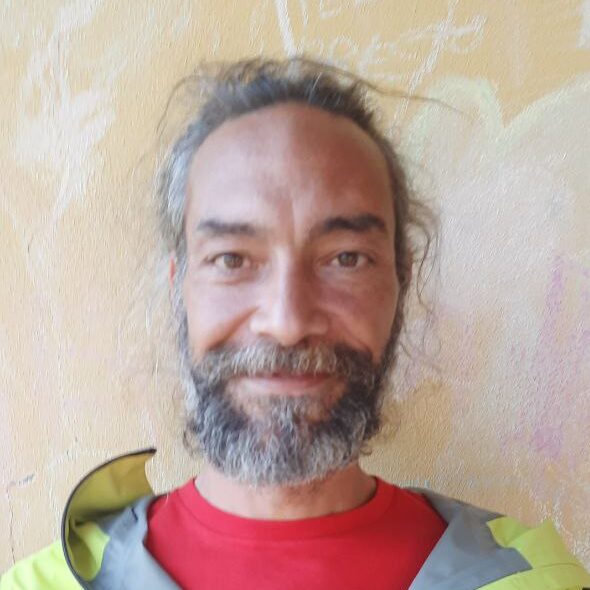
مصاحبه شونده: استفانو مِرِزی
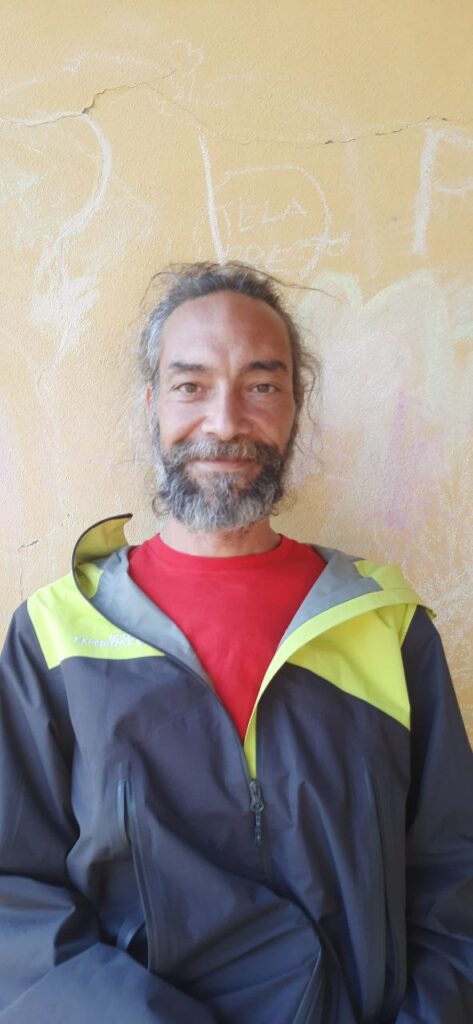
گزاره: لطفاً ابتدا خودتان را معرفی کنید.
استفانو مِرِزی: سلام، من استفانو مرزی هستم. من یکی از مربیان و آموزگاران مدرسه صلح مونتهسوله در مارزابوتو، بولونیا هستم و خوشحالم که در این مصاحبه شرکت میکنم.
گزاره: آیا میتوانید فعالیتهای اصلی مدرسه صلح را شرح دهید؟
استفانو مِرِزی: در مدرسه صلح، ما در حوزههای مختلف فعالیت میکنیم. برای مثال، با مدارس ایتالیا و دیگر کشورها، بهویژه آلمان، همکاری داریم. دانشآموزان در سنین مختلف به مونتهسوله میآیند تا با اتفاقات تاریخی این مکان آشنا شوند. ما کارگاههایی برگزار میکنیم که با بررسی گذشته آغاز میشود اما تمرکز آن بر زمان حال است. هدف ما بررسی مکانیزمهای خشونت است: اینکه چگونه چنین خشونتهایی در گذشته امکانپذیر بودهاند و چگونه هنوز هم ادامه دارند. همچنین به بررسی سیستمهای تبلیغاتی که توسط رژیمهای سرکوبگر برای ایجاد “دشمن” و قانع کردن مردم استفاده میشوند، میپردازیم و نشان میدهیم که چگونه این مکانیزمها میتوانند افراد عادی را به ارتکاب جرایم بزرگ سوق دهند.
گزاره: در این کارگاه شما با فعالان افغانستانی کار میکنید. آیا میدانید این اولین بار است که با مردم افغانستان کار میکنید؟
استفانو مِرِزی: قبلاً هم با برخی از افغانها در پروژه دیگری که مربوط به پناهندگان بود کار کردهام. با این حال، آن پروژه صرفاً مختص افغانها نبود. ما به پناهندگانی در ایتالیا کمک میکردیم و با شرکایمان در دیگر کشورها همکاری داشتیم. شرکتکنندگان از کشورهای مختلفی مانند افغانستان، اریتره و دیگر کشورها بودند. هدف پروژه این بود که تجربیات مردمی که در قرن بیستم در اروپا آواره شدند را با افرادی که امروز با آوارگی اجباری روبرو هستند مقایسه کنیم. اگرچه تفاوتهای بسیاری وجود دارد، شباهتهای چشمگیری نیز هست. این پروژه تلاش داشت ارتباطی میان تجربیات پناهندگان امروز و تاریخ اروپا در دوران و پس از جنگ جهانی دوم برقرار کند.
گزاره: احساس شما نسبت به کار با مردم افغانستان، بهویژه در این کارگاه چیست؟
استفانو مِرِزی: برای من این تجربه بسیار ارزشمند است. شنیدن داستانهای مردم، بهویژه داستانهای سخت، به من امید میدهد و آگاهیام را از مشکلاتی که ممکن است هیچوقت با آنها مواجه نشوم افزایش میدهد. خواندن درباره این تجربیات یک چیز است، اما شنیدن آنها از زبان افراد واقعی تأثیر عمیقتری دارد و این تجربه را واقعیتر میکند.
در این کارگاه، همچنین درباره مسئولیت کشور خودم فکر کردم. ایتالیا برای 20 سال در افغانستان حضور نظامی داشت، اما تقریباً هیچ پاسخگویی یا تأمل عمومی درباره اینکه چگونه میتوانستیم در بازسازی افغانستان، مقابله با جرم و جنایت، و ایجاد یک سیستم دموکراتیک کمک کنیم وجود نداشت. متأسفانه، رویکرد اصلی ایتالیا فقط از طریق مداخله نظامی بود، بدون تلاشهای جایگزین قابلتوجه.
گزاره: قبل از این کارگاه، درباره وضعیت افغانستان چقدر اطلاعات داشتید؟
استفانو مِرِزی: مقداری اطلاعات داشتم، زیرا سعی میکنم بهروز باشم. بهعنوان یک مدرسه صلح، ما نیز تحولات افغانستان را طی زمان دنبال کردهایم. در اوایل، در ایتالیا بحثهای عمومی درباره کمک به افغانستان وجود داشت، اما اغلب تمرکز روی اعزام نیرو بود و به راهکارهای جایگزین کمتر توجه میشد.
در یک پروژه دیگر، من با همکاری افغان در آلمان کار کردم. او ابتدا شرکتکننده کارگاههای من بود و پس از دو یا سه سال به یک مربی تبدیل شد. همکاری با او ارزشمند بود زیرا نشان داد که چقدر مهم است در اروپا آگاهی عمومی درباره اتفاقات افغانستان و دلایل حضور پناهندگان افغان ایجاد شود. متأسفانه، گاهی اوقات مردم نسبت به پناهندگان تعصب دارند. بسیاری از افراد وقتی به قربانیان رویدادهای تاریخی، مثل جنگ جهانی دوم، فکر میکنند، احساس همدردی میکنند اما با افرادی که امروزه از جنگ، دیکتاتوری یا آزار و اذیت فرار میکنند، ارتباط برقرار نمیکنند. باید به آنها کمک کنیم این شباهتها را ببینند و درک کنند.
گزاره: آیا این کارگاه اطلاعات بیشتری درباره افغانستان به شما داد؟
استفانو مِرِزی: قطعاً. شنیدن داستانهای شخصی بُعد جدیدی به درک من اضافه کرد. مثلاً ممکن است درباره مردم هزاره چیزهایی خوانده باشم، اما شنیدن تجربیات آنها از زبان خودشان تأثیر متفاوتی دارد. یکی از داستانهایی که مرا تحت تأثیر قرار داد این بود که چگونه نداشتن اطلاعات درباره افرادی که دستور بمبارانی را دادهاند که بستگانشان را کشته است، به رنج آنها اضافه میکند. همچنین دیدن اینکه چگونه زندگی افراد با تاریخ کشورشان، از جمله اشغال شوروی، تلاقی میکند، آموزنده بود.
گزاره: بر اساس تجربهتان با شرکتکنندگانی از کشورهای مختلف، به نظر شما برای صلح و حقوق بشر در افغانستان چه باید کرد؟
استفانو مِرِزی: همانطور که جیانلوکا، رئیس انجمن قربانیان و بستگان قربانیان مونتهسوله، گفته است، ممکن است این موضوع پیچیده به نظر برسد و من وقتی این را میگویم احساس شرمندگی میکنم زیرا از افغانستان دور هستم. اما معتقدم زنده نگه داشتن حافظه بسیار مهم است.
کار شما در مستندسازی داستانها و حفظ تاریخ حیاتی است. حتی اگر در کوتاهمدت تغییر بزرگی ایجاد نکند، در بلندمدت اهمیت خواهد داشت. وقتی زمان فرا برسد و مردم بخواهند گذشته را بشناسند، تلاشهای شما پایهای برای بازسازی و تحقق عدالت خواهد بود. حفظ این داستانها و شواهد به این معناست که آنها گم یا فراموش نخواهند شد.
گزاره: آیا پیامی برای مردم افغانستان، بهویژه نسل جوان این کشور دارید؟
استفانو مِرِزی: جوانان افغانستان قدرت فوقالعادهای دارند. برخلاف ایتالیا و آلمان که جمعیت در حال پیر شدن است، افغانستان جمعیت جوان و پویایی دارد. این یک منبع قدرت است. جوانان آینده کشور هستند و موقعیت آنها بهعنوان اکثریت جمعیت، به آنها قدرت میدهد تا جامعهای صلحآمیز و فراگیر بسازند. آنها مزیتهای زیادی برای شکل دادن به آیندهای بهتر برای خودشان و جوامعشان دارند.
گزاره: از شما سپاسگزاریم.
استفانو مِرِزی: من هم از شما سپاسگزارم.
English
Interview with Stefano Merzi: Mentor and Educator at the School of Peace in Monte Sole
Gozaare: Please introduce yourself first.
Stefano Merzi: Hi, I’m Stefano Merzi. I’m one of the trainers and educators at the Peace School of Montesole in Marzabotto, Bologna. I’m happy to be part of this interview.
Gozaare: Can you describe the main activities of the Peace School?
Stefano Merzi: At the Peace School, we engage in various activities across different fields. For example, we work with schools from Italy and other countries, especially Germany. Students of different ages visit Montesole to learn about its history. We organize workshops that begin with exploring the past but also focus on the present. Our aim is to analyze the mechanisms of violence—how such levels of violence were possible in the past and how they persist today. We also explore systems of propaganda used by oppressive regimes to convince people of the existence of an “enemy” and examine how these mechanisms can lead ordinary individuals to commit significant crimes.
Gozaare: In this workshop, you are teaching Afghan activists. Do you know if this is your first time working with Afghan people?
Stefano Merzi: I’ve already worked with some Afghans in another project involving refugees. However, that project wasn’t exclusively for Afghans. We helped refugees in Italy and collaborated with partners in other countries. Participants came from many different nations, including Afghanistan, Eritrea, and others. The idea was to compare the experiences of people displaced in 20th-century Europe with those facing forced displacement today. While there are many differences, there are also some striking similarities. The project aimed to connect the experiences of current refugees with European history during and after the Second World War.
Gozaare: How do you feel about working with Afghan people, especially in this workshop?
Stefano Merzi: For me, it’s incredibly enriching. Hearing people share their stories, especially difficult ones, gives me hope and raises my awareness of issues I might not have otherwise encountered. Reading about these experiences is one thing, but listening to real people makes it much more impactful and real. It’s a reminder that these are the stories of human beings, not just historical events.
In this workshop, I’ve also reflected on my own country’s responsibility. Italy had military involvement in Afghanistan for 20 years, but there has been little public accountability or reflection on how to help rebuild Afghanistan, address criminality, and establish a democratic system. Unfortunately, Italy’s primary approach has been through military intervention, without significant alternative efforts.
Gozaare: Before this workshop, did you have much information about Afghanistan’s situation?
Stefano Merzi: I had some knowledge because I try to stay informed. As a Peace School, we’ve also followed developments in Afghanistan over time. Early on, there was public debate in Italy about helping Afghanistan, though often the focus was on sending troops rather than considering alternative approaches.
In another project, I worked with an Afghan colleague in Germany. He initially participated in my workshops and later became a trainer himself. Working with him was valuable because it highlighted the importance of raising awareness in Europe about what’s happening in Afghanistan and why refugees come here. Unfortunately, there’s often prejudice against refugees. Many people empathize with victims of historical events, such as those during the Second World War, but fail to connect with people fleeing war, dictatorship, or persecution today. Helping them see these parallels is crucial to fostering understanding and compassion.
Gozaare: Did this workshop give you more insight into Afghanistan’s situation?
Stefano Merzi: Absolutely. Hearing personal stories adds a new dimension to understanding. For instance, I may have read about the Hazara people, but hearing their experiences firsthand makes it more real. One story that struck me is how the lack of information about who ordered a bombing that killed someone’s relatives can add to the suffering. It’s also eye-opening to see how individual lives intersect with the broader history of a country, such as Afghanistan’s struggles since the Soviet invasion.
Gozaare: Based on your experience working with participants from various countries, what do you think can be done for peace and human rights in Afghanistan?
Stefano Merzi: As Gianluca, the president of the Association of Victims and Relatives of Montesole, once said, it might seem complicated and distant for someone like me to say this. However, I believe that keeping the memory alive is essential. Your work documenting stories and preserving history is critical. Even if it doesn’t bring immediate change, it will matter in the long term.
When the time comes, people will look back and seek to understand what happened. If you’ve kept the memory alive, it will serve as a foundation for rebuilding and seeking justice. Your efforts today will ensure that the stories and evidence don’t disappear, even if they’re overlooked for a time.
Gozaare: Do you have a message for the people of Afghanistan, especially the younger generation?
Stefano Merzi: The youth of Afghanistan hold incredible potential. Unlike Italy and Germany, where populations are aging, Afghanistan has a young and dynamic population. This is a powerful resource. Young people are the future, and their majority status gives them the strength to build a peaceful and inclusive society. They have the advantage of shaping a better future for themselves and their communities.
Gozaare: Thank you for your time.
Stefano Merzi: Thank you for the opportunity.

